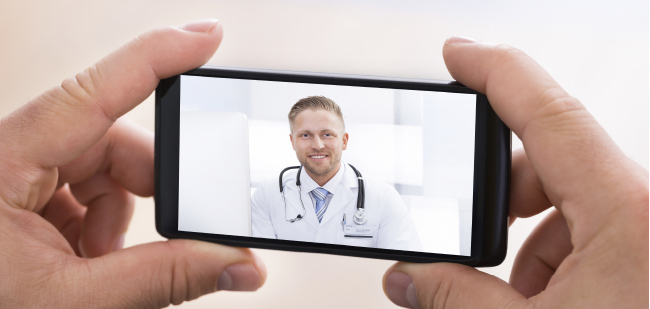As I was writing my
last blog post, I came up with another idea that I wanted to write about. This has to do with pictures and photography,
which ties in closely with the idea of video taping at concerts. We all take pictures of important things in
our lives. Some of us take thousands of
pictures while others take just a few here and there, but almost all of us take
them. But here again, we get caught up
in documenting the moments instead of actually living them. When we take pictures, we are looking at
something through a lens, not directly looking at it. Chances are, we miss the details of something
and won’t be able to appreciate it for what it really is. Pictures never do things justice. We all know that, but yet we continue to
photograph everything in our lives.
But it is more
complicated than that. Photography is a
hobby. Growing up I loved photography
and I became very passionate about it in high school. I took a few classes and it become one of the
things I loved to do in my free time. Occasionally
I would go out somewhere solely to take pictures. But other times, I just snapped them whenever
we went somewhere interesting. That was
all fine and dandy, until my family realized that I enjoyed doing it, so I then
became the official photographer of the family.
At every event we went to or every party we hosted, I was in charge of
bringing the camera and getting good shots, candid and formal. It got to a point were it was just assumed I
would take all the photos at all the events.
It didn’t bother me for awhile, but there came a point when I realized
that I was always missing the event because I was so worried about trying to
capture every moment on camera. For
example, my little sister played basketball all throughout high school and we
went to almost all her games, and I took pictures at every one. But by the end of the season, they all started
to look the same, and it seemed pointless to keep taking the “same” pictures. Meanwhile, I was missing half of these games because
I wasn’t able to focus on what was actually going on because my eye was glued
to the camera for half of it. I was no
longer enjoying events that we went to and it soon became more of a chore to
take the pictures instead of a hobby that I previously enjoyed.
Photography strictly
as a hobby is a little different I think.
When I specifically went out to take pictures of something, the goal was
to take pictures. That’s what I wanted
to be doing at that time. However, when
the hobby turns into documenting events, it becomes different. The events are supposed to be enjoyed and
experienced, not necessarily documented.
I’m not saying taking pictures at events and locations is bad, it’s the
amount we take that should be considered.
Today people take pictures of literally everything, like their
food. This is largely due to the
accessibility of using our phones to snap away.
But again, like using Snapchat at concerts, if we do it in moderation,
we will still be able to experience what we were meant to be experiencing.



